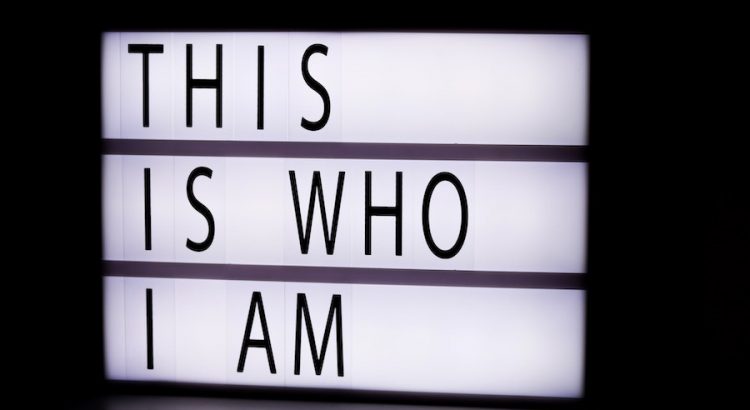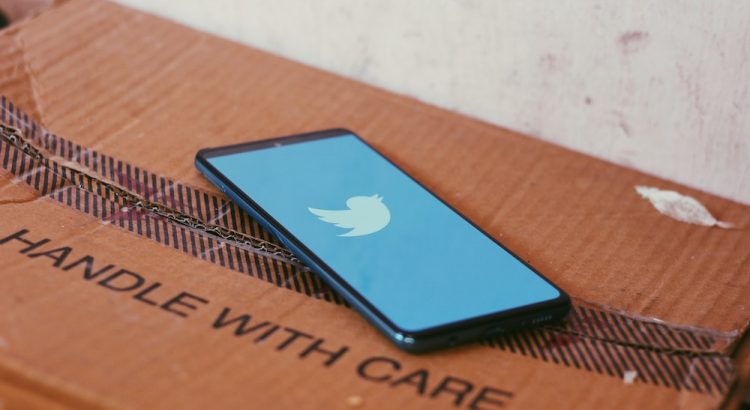Podcast: Play in new window | Download
Subscribe: Spotify | Email | TuneIn | RSS
Sometimes, your humble HelloPhD hosts forget how narrow our experience has been in graduate education. We’re both biomedical PhDs, and while we trained in different departments, there was a significant amount of overlap.
For us, a PhD meant classes, comprehensive exams, rotations, lab meetings, experiments, seminars, and so on.
While those experiences were common across biomedical programs, the similarity starts to fade when discussing other bench-sciences like chemistry, or even patient-focused fields like epidemiology.
If those adjacent fields reveal unique and instructive differences, how much more exciting to explore the distant reaches of the PhD universe – the Humanities PhD!
Read More



